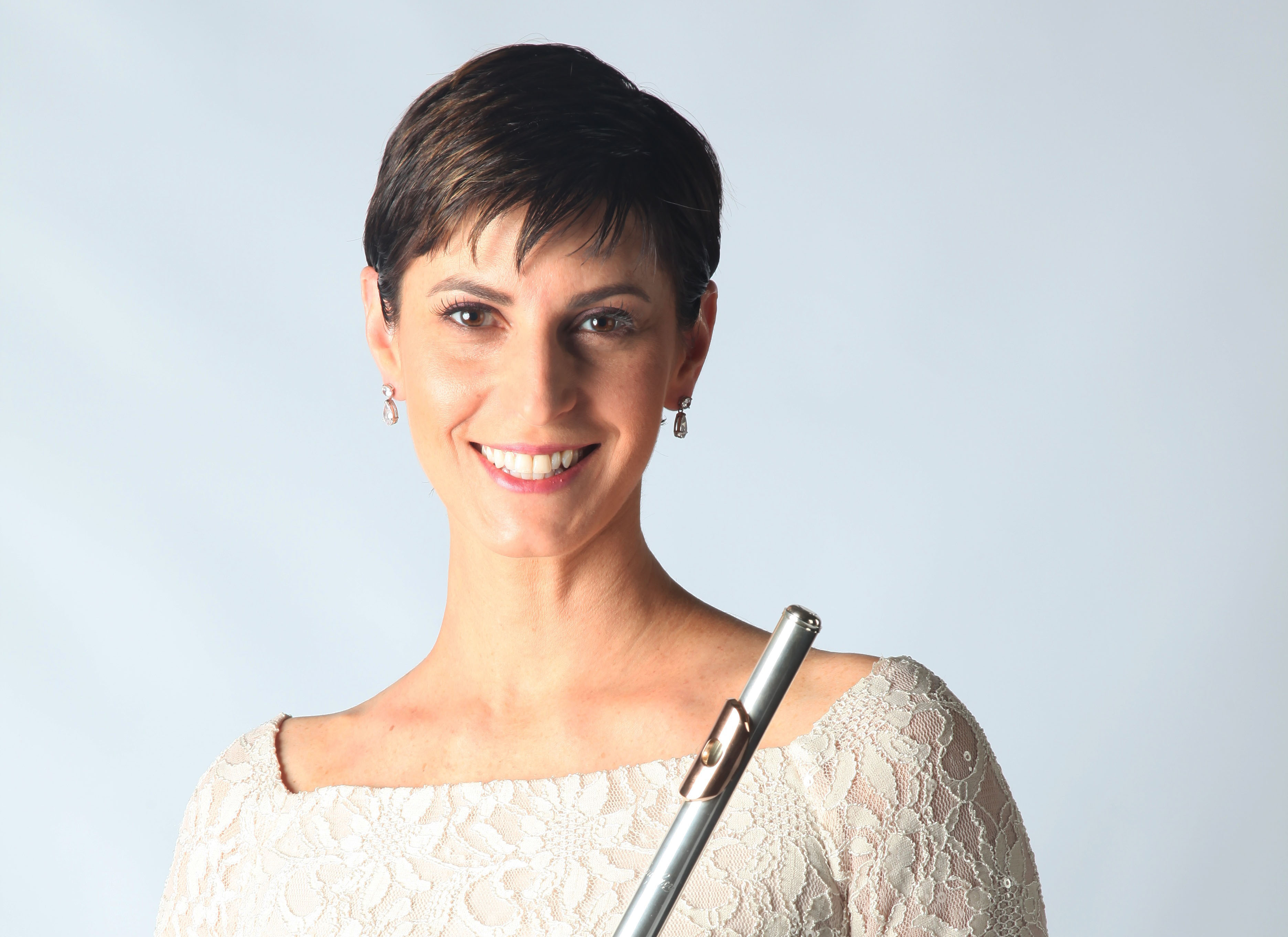Effective Teaching: An Etude in Trust and Motivation By Dr. Nina Perlove
Play with a Pro teacher Dr. Nina Perlove writes about the art of teaching. Interested in private online lesson with her, please send her a message from her profile here: https://www.playwithapro.com/live/teacher/Nina-Perlove/conversation/
Effective Teaching: An Etude in Trust and Motivation By Dr. Nina Perlove
The relationship between music teacher and student is complex, delicate, and at times, magical. On the most superficial level, the role of the teacher is to provide the basic instruction the student needs to progress. The weekly lesson is the time when this information is exchanged. But it is not primarily during this session that the majority of the progress is made. The progress takes place in the practice room. Therefore, I believe that successful teachers are those who can not only provide excellent instruction during the lesson, but are those who can also motivate and inspire their students to practice…a lot!
How does the teacher motivate a student to practice? First, the teacher must be confident that the information being transmitted is effective. If the teacher doesn’t even believe the approach will be successful, why in God’s name would the student want to spend hours testing and mastering it in the practice room? The student must trust the teacher, and the teacher’s methods, in order to apply them whole-heartedly. The student must also trust that if after sincere effort the method has not given suitable results, the teacher will explore alternative methods to find an eventual solution that works for that student.
Trust is key to motivation.
I also believe that confidence leads to motivation, and the greatest gift a teacher can give a student is the gift of confidence. Confidence, not arrogance. True, there are many teachers who disagree and prefer the approach of tearing a student down as a means of motivating them to work harder. This works for some personalities of students, but it is not the teaching approach for me. Teaching through confidence does not mean telling a student who is playing poorly that he is doing wonderfully. It does not mean giving everyone a plastic trophy. It does not mean being afraid to tell a student when he is falling short of his potential. Instead, it means approaching students from a place of respect for their inherent ability to improve! Instilling confidence does not mean telling a student that he is already amazing - it means telling the student “I believe in you.”
I work to build up a student’s confidence, first of all, because it makes her a better player. The student needs confidence to trust her own ear so that she can recognize progress in the practice room. If the student is filled with self-doubt, she won’t be self-assured enough to say, I’ve got it! When she finally hears a note of progress in the practice room. It also takes a deep level of confidence not to give up when that progress is slow in developing. Being willing to recognize that a skill is not yet attained, and having the stamina to keep working toward mastery, requires humble confidence.
And we all know how important confidence is in performing. As a student’s confidence grows, he makes less errors in performance and can allow his preparation and genuine expression to be heard.
